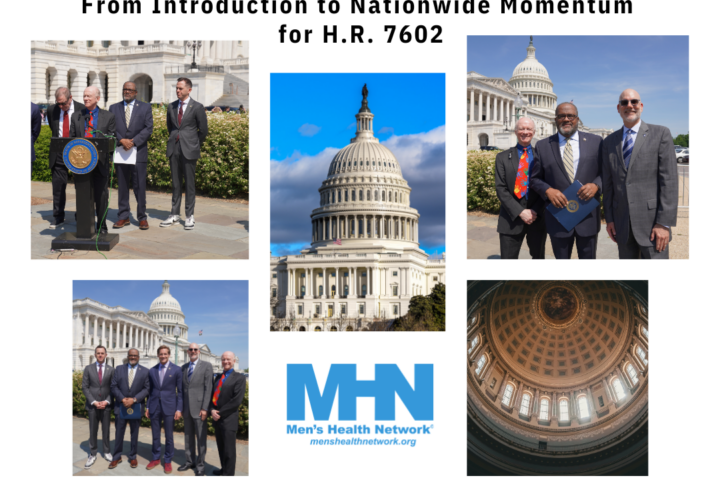Below is an excerpt from a forthcoming study that I authored, which investigates the federal costs associated with excess disease burden in men in an attempt to substantiate the need for a federal Office of Men’s Health.
Despite the increased risk of disease and injury, the health of men is oft an overlooked subject. Men have significantly higher death rates in nine of the ten top leading causes of death, higher rates of smoking and overweight/obesity, are more often uninsured, and are far less likely to receive routine preventive care. While the moral imperative is evident in reducing health disparities, merely stating the effort is “the right thing to do” often may not provide sufficient motivation to act. Linking the issue to financial incentives, though, gets many more people talking, especially when it’s your tax dollars at work.
The resulting costs of premature morbidity and mortality in men are substantial, particularly so to the federal government in the form of direct medical costs and survivor benefits. Men are at worse health as they enter Medicare, causing substantially higher costs to the program. Excess Medicaid hospital payments for uncompensated care to uninsured men and lost federal revenue as a result of disease burden, disability, and death contribute to excess federal costs. Public benefits for low-income widows and families are substantial as a result of premature death in men including Social Security survivor benefits, Medicaid and Medicare low-income subsidies, and the Food Stamp program.
Across the nation we should dedicate our efforts to improve the health and well-being of men, though no organized federal entity is present to provide sustained leadership and national directives. A commitment to prevention and health promotion in men will help curb this expenditure growth and create effective social norms by breaking through the stigma associated with men who avoid seeking care. The time has come for the creation of a federal Office of Men’s Health. A recognized federal focus can act as the apex of promoting healthy lifestyle, workforce safety, and male-specific research advocacy. For more information on the creation of a Federal Office of Men’s Health, see H.R. 2115 “The Men and Families Health Care Act of 2009”, Hill [D-ID] and Murphy [R-PA].



